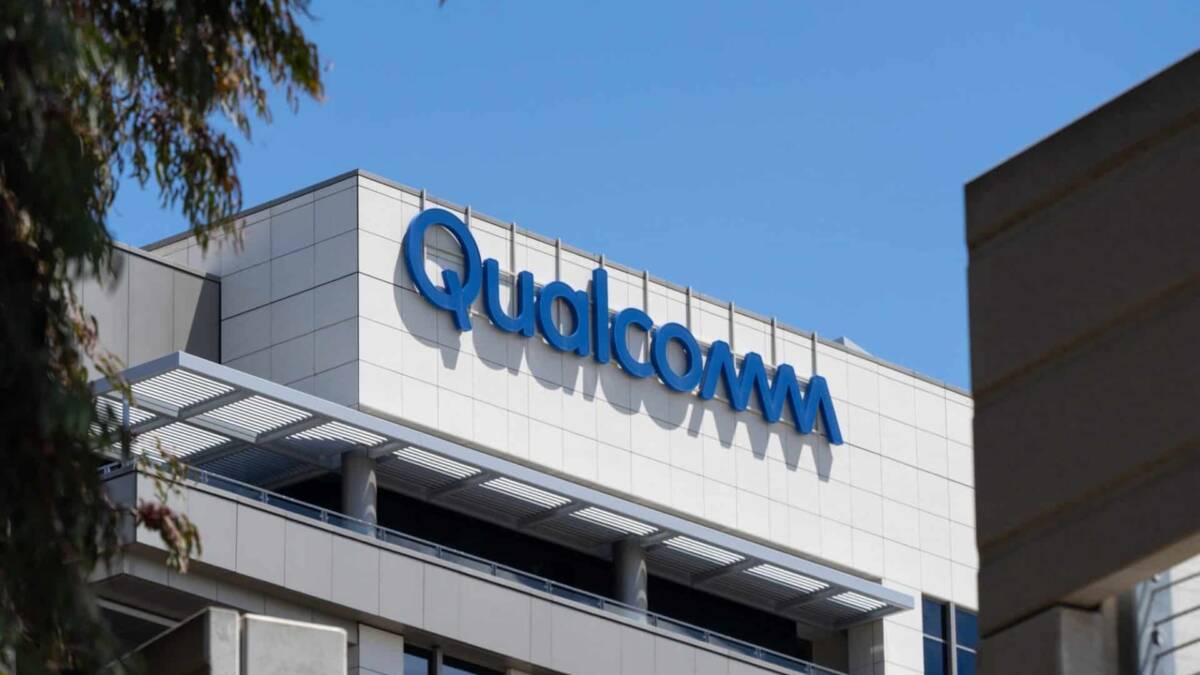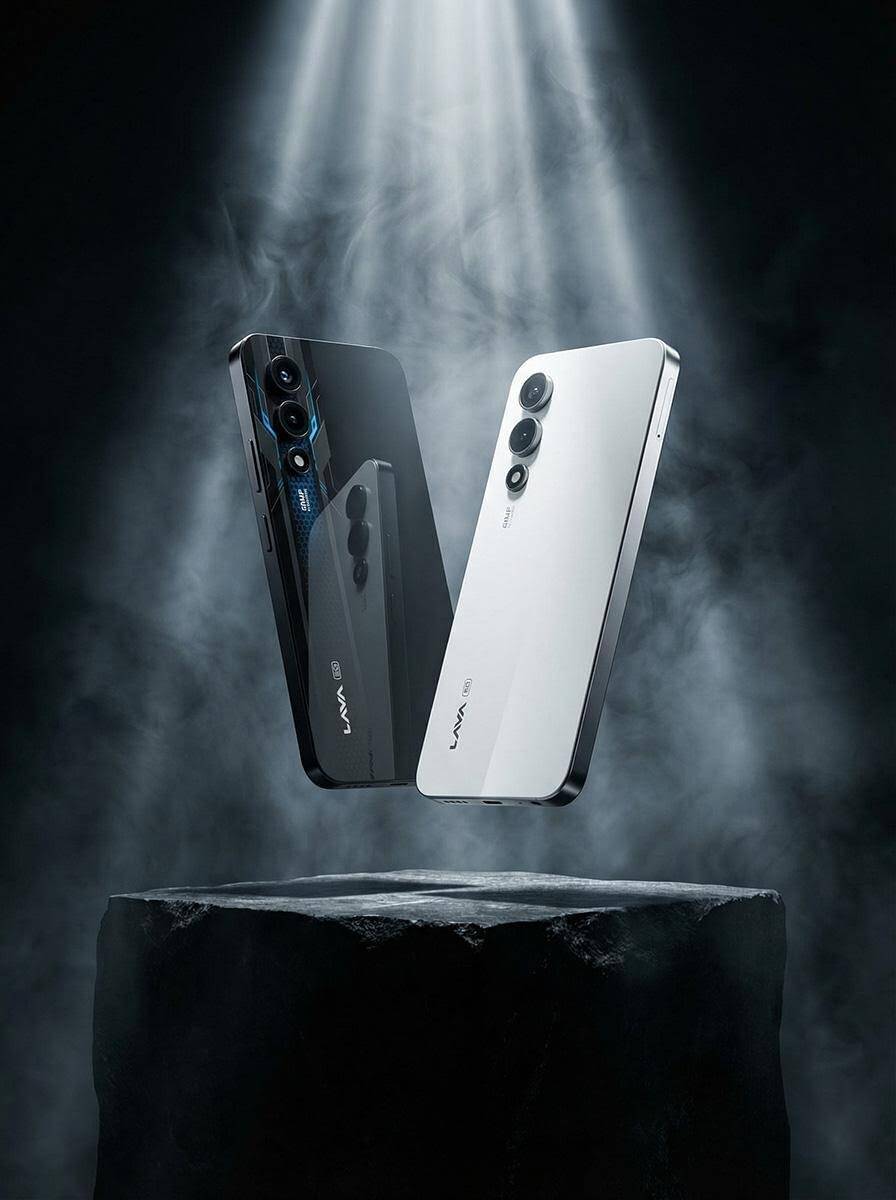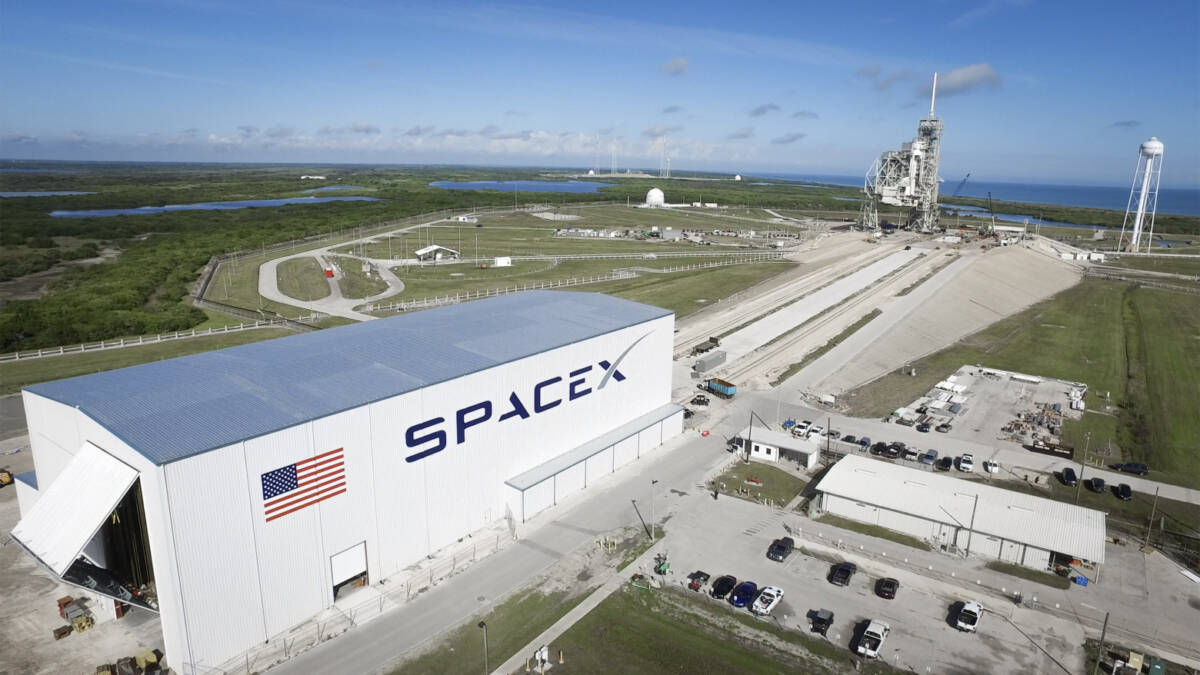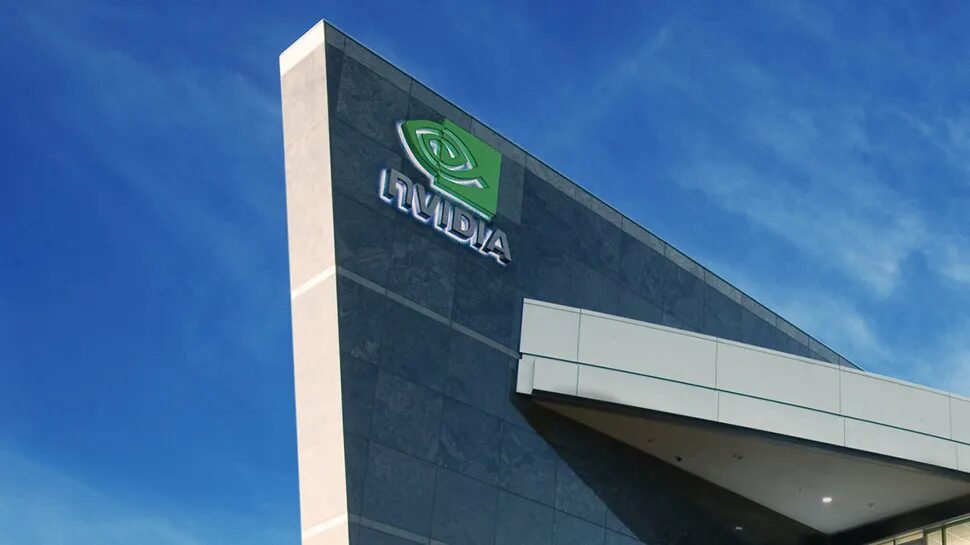U.S. auto tariffs stay in place: electric cars and imported autos not given a break
Despite Donald Trump’s high-profile announcement to suspend reciprocal duties for a number of countries, the auto sector has remained under attack. As confirmed by US Treasury Secretary Scott Bessent, “sectoral” tariffs remain in place – including duties on automobiles, timber, metals and pharmaceutical products.
So the 25 percent import tax on new cars remains in place, which could have a serious impact on both prices and the plans of automakers actively investing in the transition to electric vehicles and new digital technologies.
Electric cars under pressure: investment in innovation under threat
This move by the Trump administration came as a surprise even to members of the auto industry. According to InsideEVs, it wasn’t clear immediately after the announcement whether the “pause” would affect auto rates. But it soon became clear: import duties on cars will remain unchanged and are not expected to be eliminated in the foreseeable future.
This decision may hit not only the end consumer, but also the manufacturers themselves. Experts warn that higher prices for new cars could reduce demand, which in turn could undermine the revenue that car companies rely on to develop electric cars, autonomous systems and new platforms.
Many of these projects are funded by sales of profitable internal combustion engine models – and any price pressure could jeopardize the future of electrification.
China under further attack
Simultaneously, Trump announced he would raise duties on Chinese goods by up to 125 percent, which is especially felt by brands whose cars are made in China. While Chinese cars’ share of the U.S. market is minimal, models such as the Polestar 2, a premium electric car with Chinese assembly, are being hit.
At the same time, Trump also announced that he would raise duties on Chinese-made cars to 125 percent, which is especially felt by brands whose cars are made in China.
The measure was another round of the trade war between the U.S. and China and adds to the overall uncertainty in the import market.
Market lurks: who raises prices and who waits
Few car companies have already reacted to what’s happening. Hyundai, Toyota and Honda have said they will not raise car prices for now, despite the tariffs remaining in place. But Volkswagen, Audi, Jaguar Land Rover and Lotus have taken a wait-and-see approach, with some of their cars being held up in ports until the pricing situation becomes clearer.
For consumers, this means instability: if you were planning to buy an imported car, it may make sense to either hurry up or wait for new decisions in the trade negotiations.








